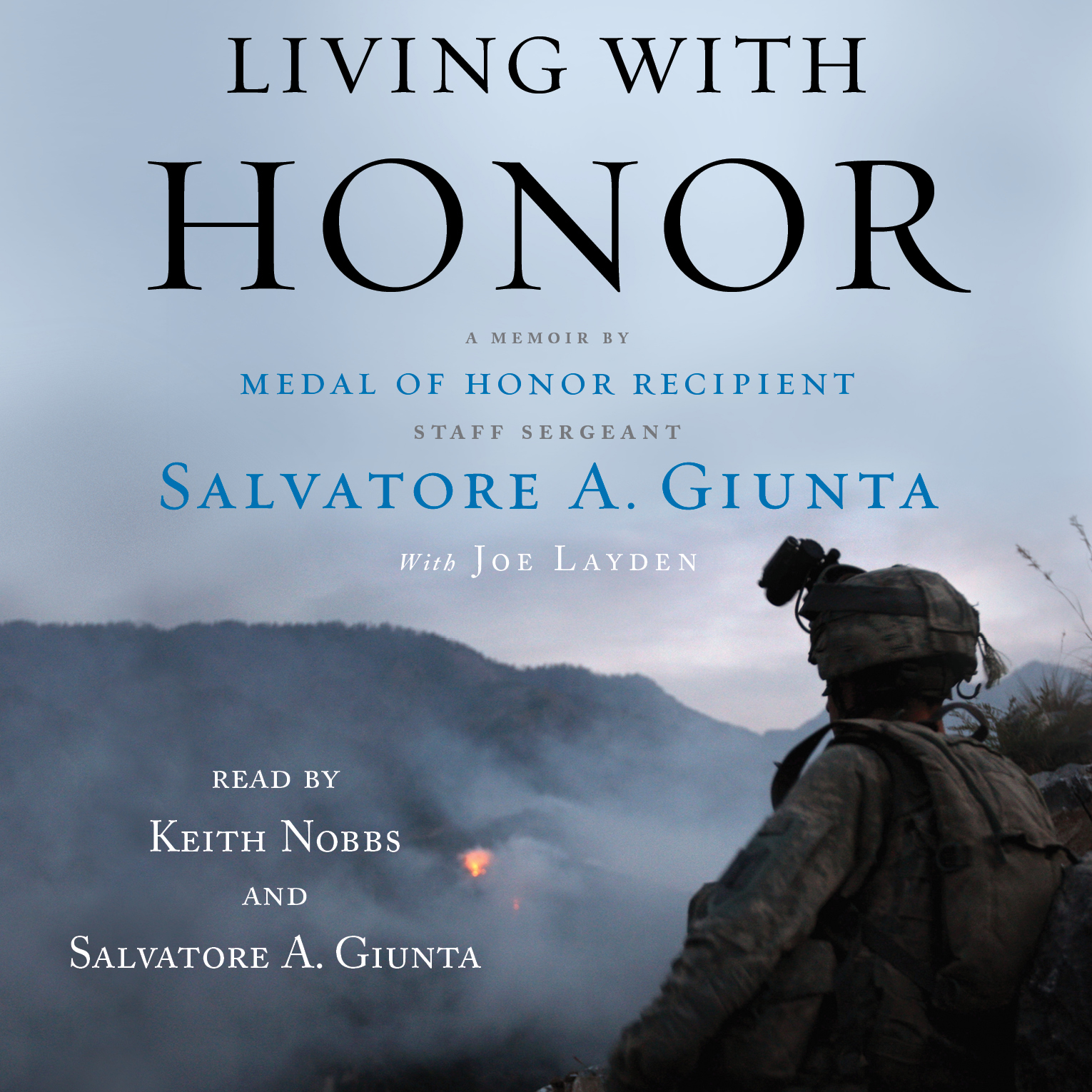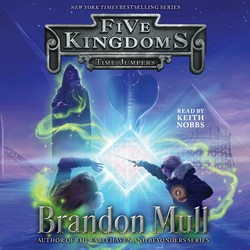Get our latest staff recommendations, classroom reading guides and discover assets for your stores and social media channels. Receive the Children’s Bookseller newsletter to your inbox when you sign up, plus more from Simon & Schuster.If you are an independent bookseller in the U.S. and would like to be added to our independent bookseller newsletter, please email indies@simonandschuster.com
Table of Contents
About The Book
Medal of Honor winner Staff Sergeant “Sal” Giunta’s empowering memoir describes a boy working at a Subway shop who was attracted to an Army recruiting center by a free T-shirt, but left inspired by the thought of making a difference to the world. After enlisting, he was posted to Afghanistan, where he learned from the seasoned soldiers of the 173rd Airborne Brigade about a totally new kind of war. In 2007, while he was on patrol in the Korengal Valley—the “Valley of Death”—his lessons on duty and honor in the face of danger were tested. His squad was ambushed by Taliban insurgents and pinned down under blistering fire. When their leader fell, Giunta shielded him with his own body. Amid the chaos, he continued to fight and protect his wounded comrades until Apache air cover finally brought a halt to the action.
Living with Honor is a remarkable account by a man who insists he was “just a soldier,” but who has made the difference he dreamed of. His candid, insightful tale is a moving testament to the power of the human spirit.
Reading Group Guide
Join our mailing list! Get our latest staff recommendations, classroom reading guides and discover assets for your stores and social media channels. Receive the Children’s Bookseller newsletter to your inbox when you sign up, plus more from Simon & Schuster.If you are an independent bookseller in the U.S. and would like to be added to our independent bookseller newsletter, please email indies@simonandschuster.com
Introduction
Sal Giunta was an ordinary high school student: fair to middling grades, an after school food service job, and no particular direction. Everything changed when he volunteered for the United States Army. Soon he was doing hundreds of push-ups, waking, eating, and sleeping by command of his drill sergeant. In the Army, he met countless guys like him, from all over the country (and the world) looking for a way to serve their country and protect the band of brothers that is the 173rd Battalion. On his second tour of duty in Afghanistan, Giunta went behind enemy lines to save a friend and mentor who had been captured. As a result, he was awarded the Presidential Medal of Honor, the first person to receive the distinction in four decades. In this frank and open memoir of coming of age in the Army, Sal Giunta offers an inspirational model for anyone looking for a greater purpose in life and a moving testimonial to the men and women he served with in the 173rd Battalion.
Topics & Questions for Discussion
1. How did September 11, 2001 influence Sal? How did it influence his decision to enlist in the Army?
2. Sal is very open about the problems in his relationship with his parents. What caused his fights with them? Why do you think Sal chooses to write about that relationship in such detail?
3. When Sal meets his girlfriend’s (and later his wife’s) father, the man says, “if you hurt my daughter, I’ll pay people to come over here and hurt you” (62). How does this make Sal feel? Does Sal believe the threat?
4. In the beginning, Sal’s Army service consists mostly of push-ups and strict discipline. What causes Sal to begin to see the logic of boot camp, to feel validated, and feel like he was a part of “a band of brothers” (67)?
5. What makes Sgt. Barbaret different from the stereoptype of an Army drill sergeant? How does this change how Sal feels about him?
6. When Sal is returning to Afghanistan, he meets an American woman who tells him, “You’ll be safe” (130). It angers Sal, because he feels she’s ignorant of the human cost of the war. What do you think the woman meant by her comment?
7. When he meets a soldier who’s been in the army since the Vietnam War, Sal writes that the length of his service “says so much about this country” (139). But Sal also jokes that the free t-shirts at the recruiting station were part of his own motivation. What changed in Sal between when he signed up and when he meets this veteran?
8. Sal writes that the Afghan people “would take with one hand and shoot with the other” (166), referring to food and supplies. How does that blurry line between civilian and foe impact the work of the 173rd?
9. Throughout the book, the Fourth of July is mentioned repeatedly. At one point, Sal writes, “There’s something poignant about being in a foreign country on the most important of American holidays” (188). What does he mean when he later writes that fighting for the United States on that day is an honor and a privilege?
10. Sal calls his team “an assortment of quirks” (215). How does military service bring together people with different backgrounds? How does it tie them together?
11. The book describes, blow by blow, what happened on that day in the Korengal Valley that won Sal the medal of honor. Yet Sal insists he doesn’t deserve it. What do you think causes him to say so? Do you agree or disagree?
12. Just as Sal is being feted by his battalion-mates, he tells the story of his friend Michael Mason, who suffered from PTSD and was killed after firing a gun in a shopping center. Why do you think he inserted the story during this moment of happiness?
Enhance Your Book Club
1. After the end of his tour, Sal becomes active in a group that promotes cycling among wounded veterans, Ride 2 Recovery. With your reading group, plan a day of service involving a veterans’ organization. There are a number of athletic organizations you can get involved with. Read more at the Veteran’s Administration website: www.va.gov/adaptivesports.
2. Sal writes that he was directionless, angry, and undisciplined before joining the Army. But in the Army, he found great friends and managed to start new relationships—with his wife Jen and even with his parents. With your reading group, discuss a formative experience that helped you see your personal purpose or overcome a difficult period in your life.
3. This book is in part a portrait of the men and women Sal served with in Afghanistan. And there are many times when characters we come to know get hurt—or worse. How did the ambiguity of the war’s purpose—and the shifting identity of the enemy—affect how you read these stories? How did it affect your understanding of the politics of the war?
About The Readers
Keith Nobbs has appeared on Broadway in The Lion In Winter and off-Broadway in Dog Sees God, Romance, The Hasty Heart, Bye Bye Birdie, Dublin Carol, and Four (Lucille Lortel Award, Drama Desk Nomination). His film credits include Phone Booth, Double Whammy, and 25th Hour. Television credits include The Black Donnellys (series regular), Law and Order: Criminal Intent, and The Sopranos.
Salvatore A. Giunta retired from active duty in 2011. Prior to that, he was responsible for the health, welfare, morale, training, and accountability of the soldiers in his company in the Army, working to ensure all unit family members were well taken care of while their spouses were deployed in Afghanistan. He is one of the few living persons to ever be awarded the Medal of Honor, and he was presented the award by President Obama in a White House ceremony on November 16, 2010. Giunta has also received numerous other commendations, including the Bronze Star, Meritorious Service Medal and the Purple Heart. He lives in Colorado with his wife, Jen, and their daughter.
Product Details
- Publisher: Simon & Schuster Audio (December 4, 2012)
- Runtime: 9 hours and 44 minutes
- ISBN13: 9781442355866
Browse Related Books
Resources and Downloads
High Resolution Images
- Book Cover Image (jpg): Living With Honor Unabridged Audio Download 9781442355866(1.3 MB)
















